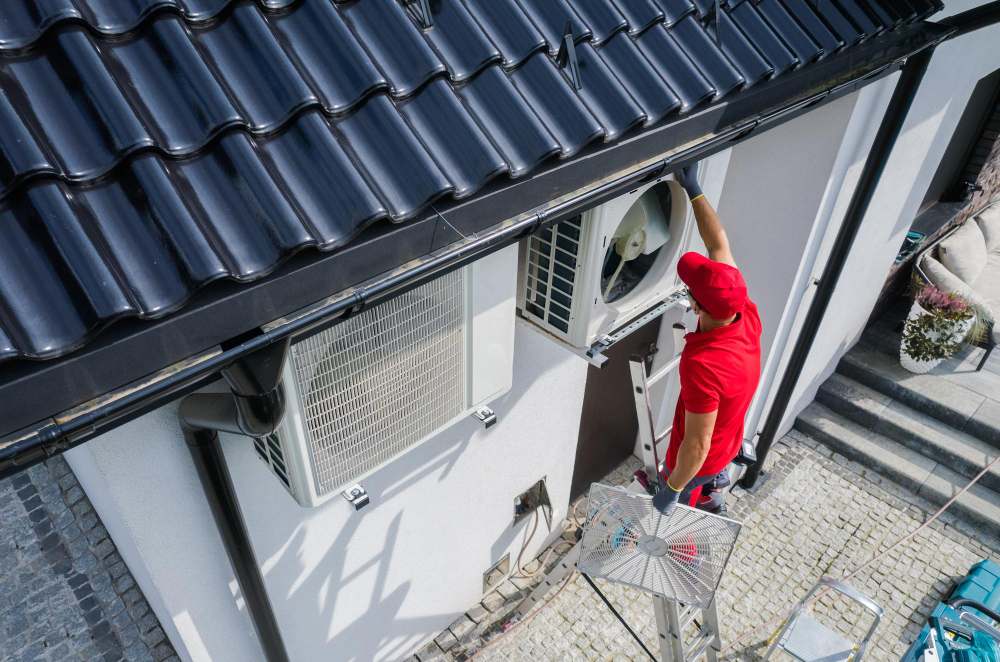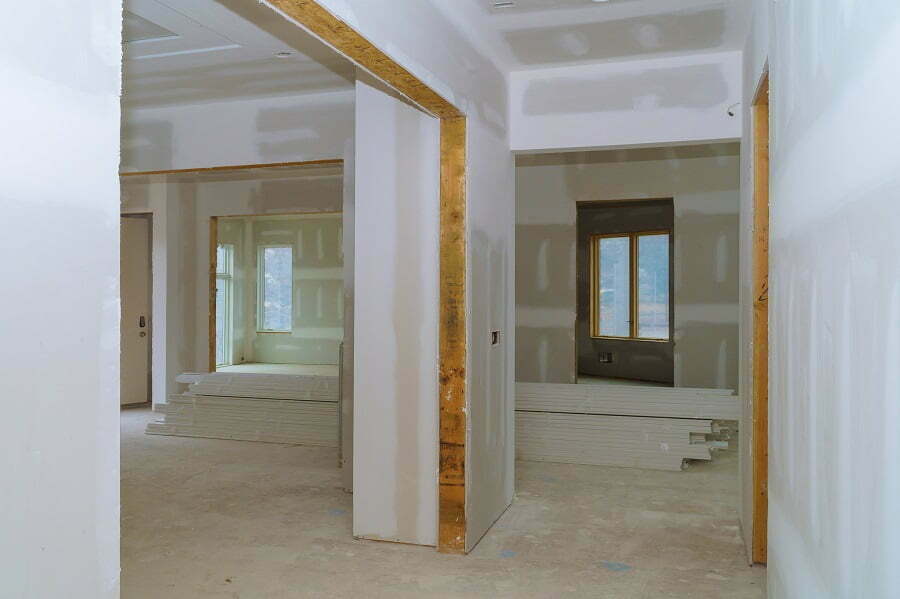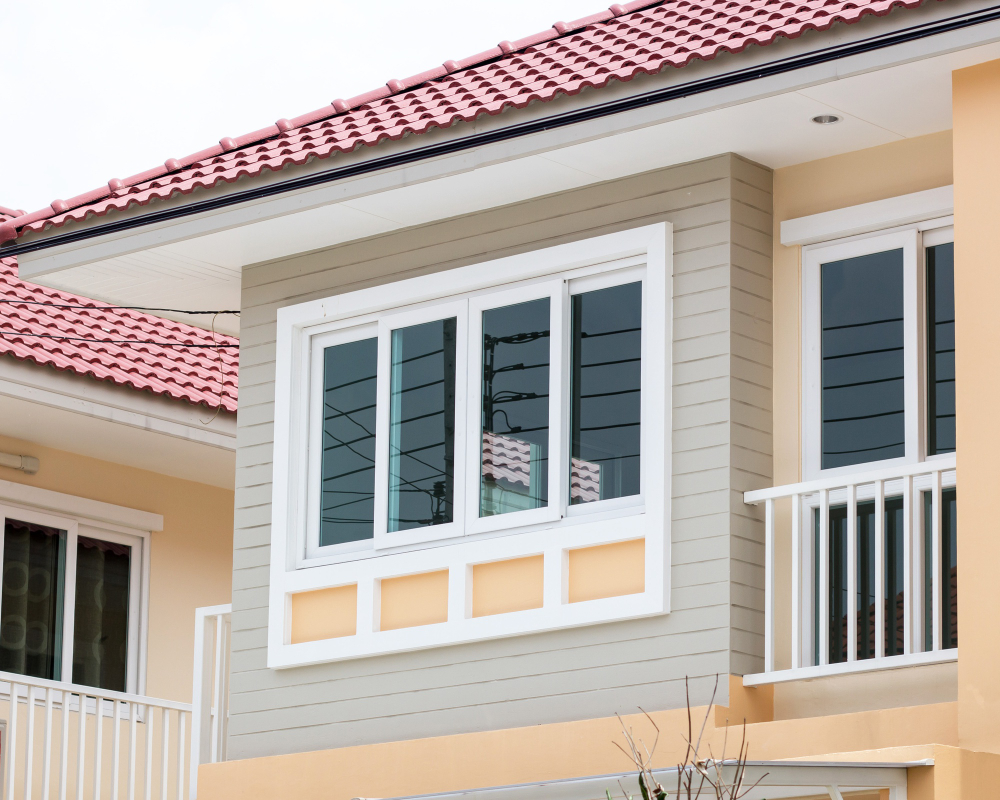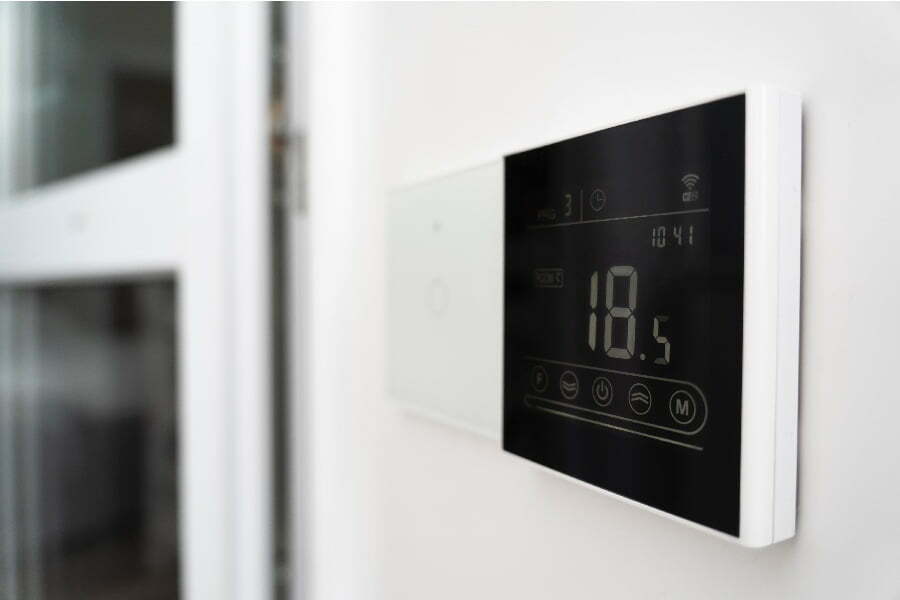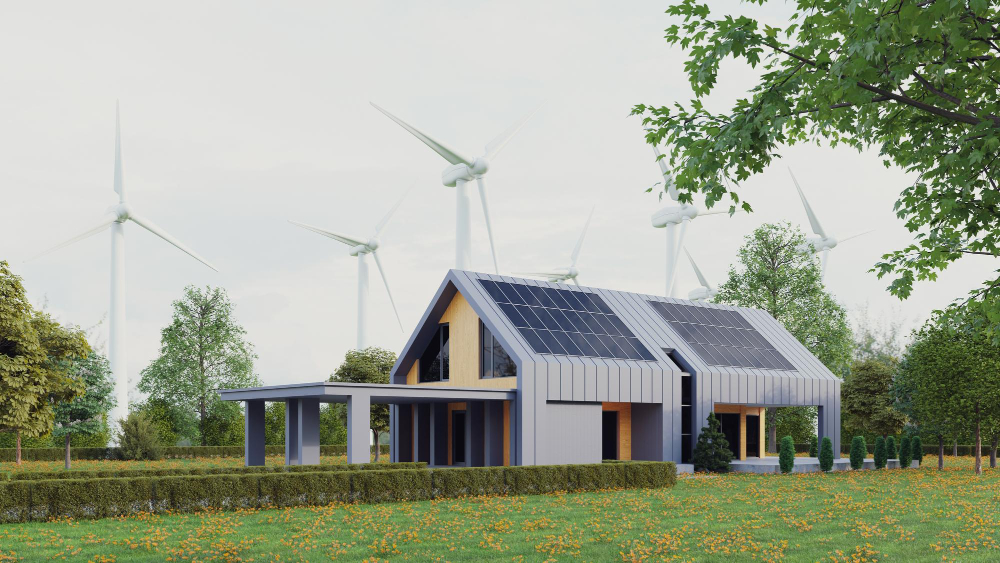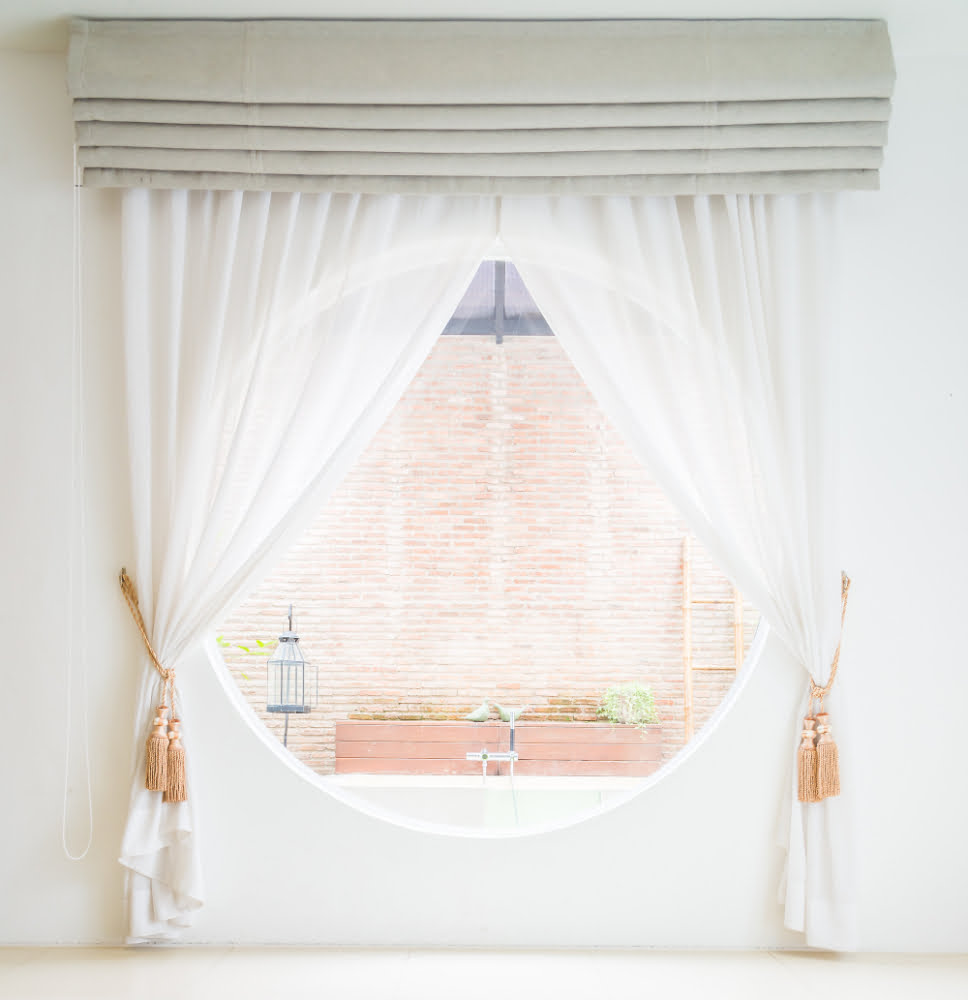Last updated on
Your roof is one of the most critical components of your home. It protects you and your possessions from the elements, providing shelter and security. Over time, however, even the most robust roofs will wear down and require attention.
This leads to an essential question: should you invest in a new roof? This article explores the deciding factors that can help you make an informed decision.
Visible Damage and Leaks
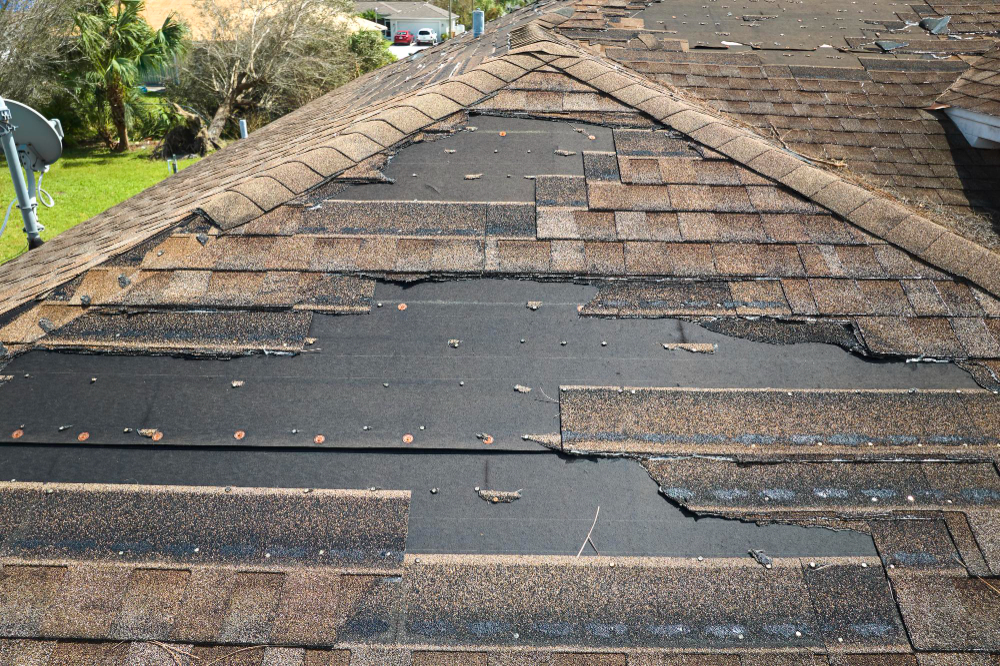
Inspect your roof regularly for visible signs of damage. According to seasoned roofers with enterpriseroofingllc.com, your roof may need attention if you notice any of these issues. Additionally, check for leaks or water stains on your ceiling or walls.
If water infiltrates your home, it’s crucial to address the problem immediately. In many cases, repairing a leak or replacing a few shingles can extend your roof’s life, but if these issues become frequent or widespread, a new roof may be the best solution.
Age of Your Roof
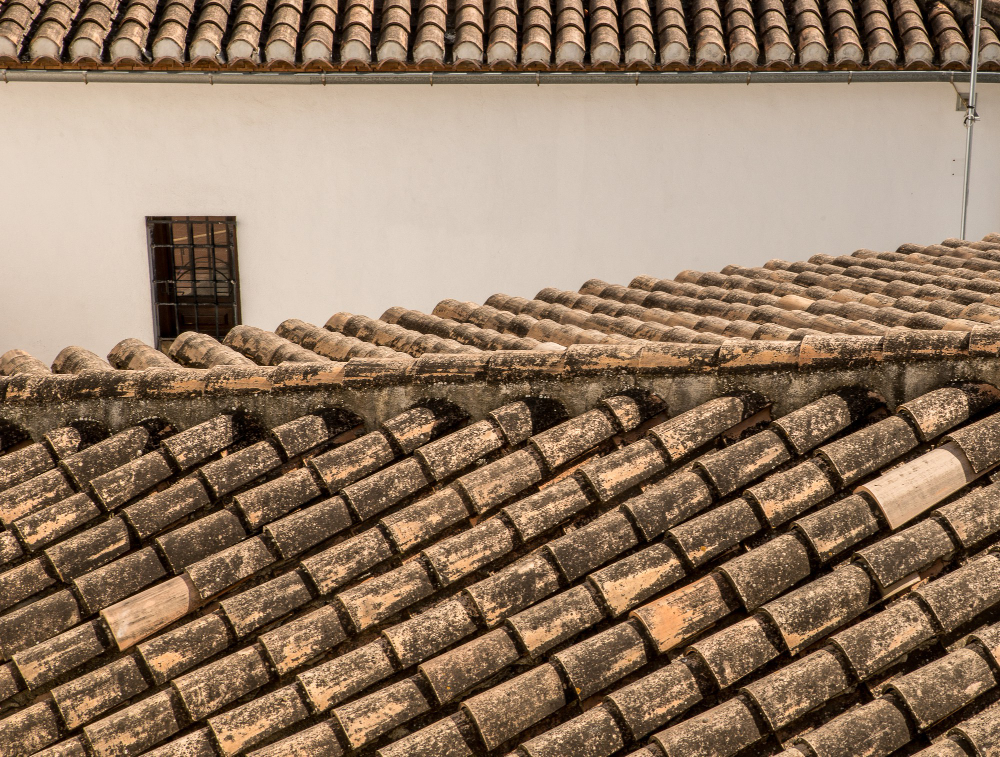
Age is one of the first things to consider when contemplating a new roof. A roof’s lifespan depends on the type of material used and the quality of installation. Here’s a rough estimate of how long common roofing materials last:
- Asphalt shingles: 20-30 years
- Metal roofing: 50+ years
- Wood shingles or shakes: 20-40 years
- Tile or slate roofing: 50+ years
If your roof is approaching or has surpassed its expected lifespan, it might be time to consider a replacement. Aging roofs are more susceptible to damage and leaks, resulting in costly repairs and damage to your home’s interior.
A new roof represents a significant investment, and it’s natural to be concerned about the cost. However, it’s essential to consider the long-term financial implications. While replacing a roof can be expensive upfront, it can save you money in the long run. Old roofs often require frequent repairs, which can add up over time.
Additionally, they may not be energy-efficient, leading to higher utility bills. Investing in a new roof can avoid ongoing repair expenses and potentially lower your energy costs. It’s worth consulting with a roofing professional to assess a replacement’s overall cost and benefits.
Energy Efficiency
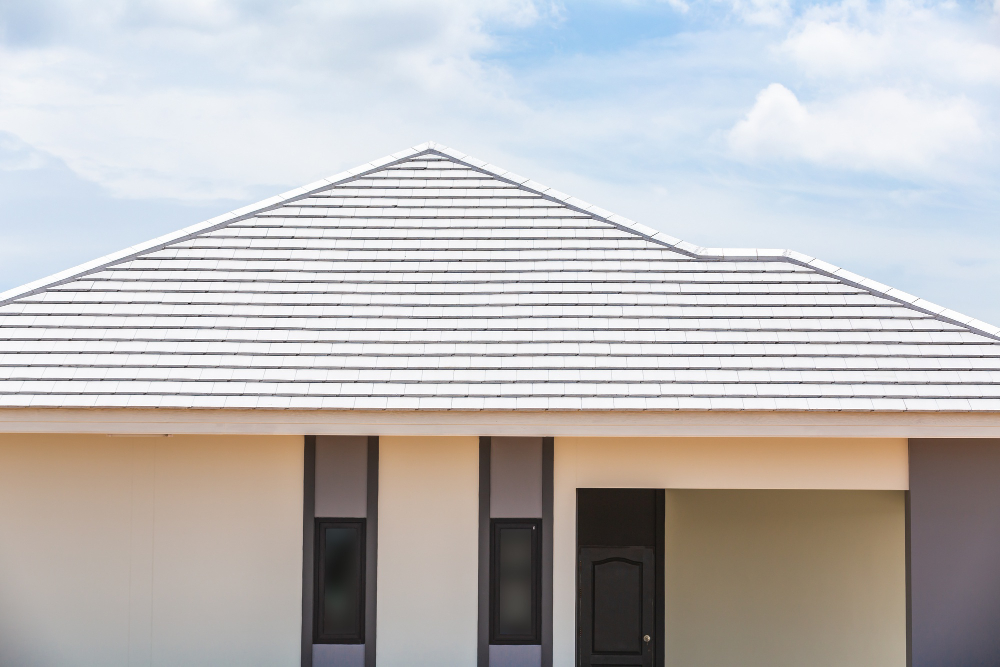
Modern roofing materials have come a long way in terms of energy efficiency. If your current roof is outdated, it may lack the insulation and reflective properties of newer roofing materials.
Upgrading to an energy-efficient roof can help reduce your home’s heating and cooling costs, making it an intelligent investment in the long run. Excellent roofing materials, for instance, can reflect more sunlight and absorb less heat, helping to keep your home cooler in the summer.
Local Building Codes and Regulations
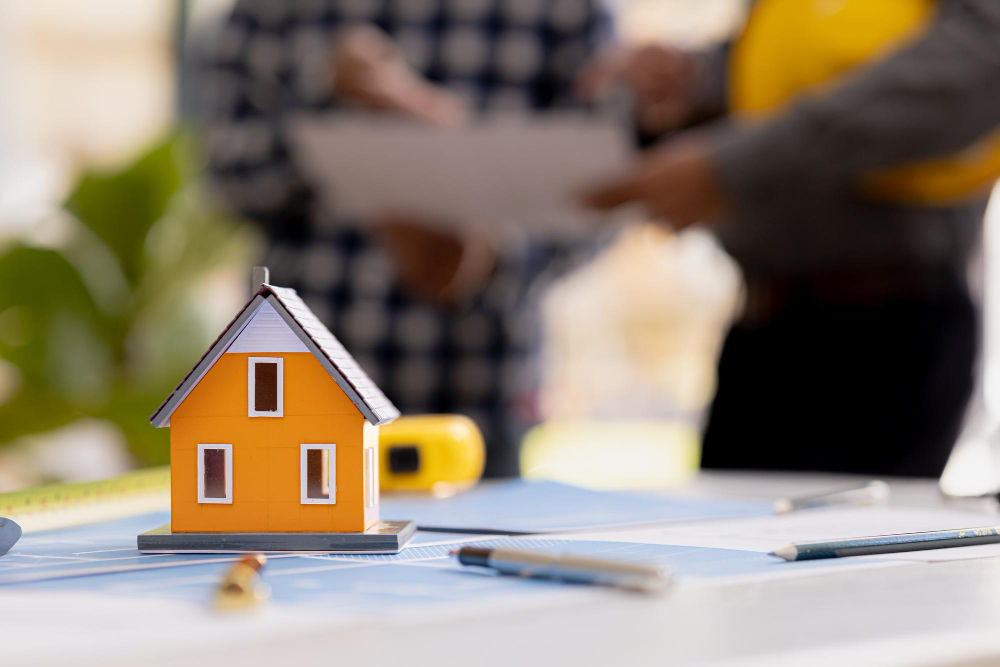
If your roof is outdated, it may not meet current standards. When considering a new roof, ensuring that the materials and installation comply with local building codes is crucial. Hiring a reputable roofing contractor well-versed in local building codes is essential to ensure compliance.
When you install a new roof, you typically receive a warranty from the manufacturer and the roofing contractor. Warranties can vary in coverage and duration, but they provide peace of mind if issues arise after installation.
On the other hand, an aging roof may no longer be under warranty, leaving you responsible for any repairs or replacements. Investing in a new roof ensures that you have the protection of a warranty, reducing potential future expenses.
Storm and Weather Damage
If your area is prone to severe weather, such as heavy storms, hurricanes, or tornadoes, your roof may sustain damage more frequently. Repeated repairs can add up quickly, making a new roof cost-effective. Additionally, a sturdy, well-constructed roof can help protect your home from severe weather, reducing the risk of interior damage.
Aesthetic Considerations
While aesthetics may not be the most critical factor, they are still essential to many homeowners. An old, worn-out roof can significantly affect your home’s curb appeal.
Choose roofing materials and colors that complement your home’s design and enhance its appearance. Many modern roofing options offer a variety of styles and colors to match your preferences and improve your home’s overall look.
Your roof is a significant factor in the resale value of your home. Potential buyers may hesitate or demand a lower price if your roof is in poor condition. Investing in a new roof can increase your home’s resale value and make it more attractive to prospective buyers.
Real estate experts often recommend replacing a worn or outdated roof before listing your home. This can help you sell your property faster and at a higher price, ultimately recouping some or all of the investment in the new roof.
The decision to invest in a new roof depends on various factors. While a new roof represents a significant financial commitment, it can provide long-term benefits regarding protection, energy efficiency, and home value. If you’re unsure whether your roof needs replacement or repairs, consult a qualified roofing professional.
They can help you make an informed decision that ensures your home’s safety, longevity, and value. Ultimately, the choice to invest in a new roof is an investment in the comfort and security of your family and the preservation of your most significant asset—your home.
Related reading:
Table of Contents
